
IN PHOTOS: How I survived the coronavirus lockdown
For many, the coronavirus pandemic brought with it a never-seen-before struggle to survive. As incomes dried up their fighting instinct kicked in and they learnt several lessons along the way. Now, as the world slowly opens up, they hope to secure a stable future for them and their families
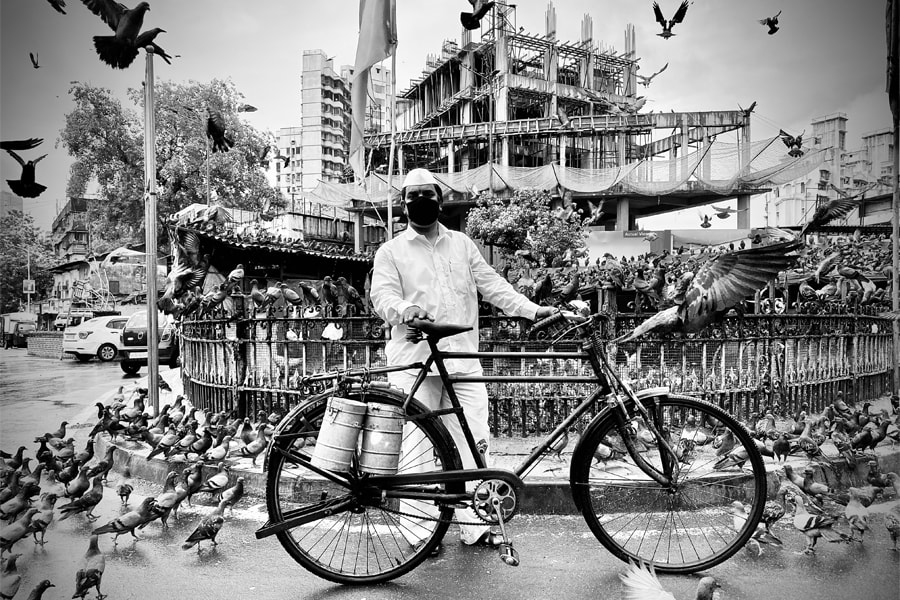 Image: Anjan Das
Image: Anjan Das
Vinod Chorge, Dabbawala
Age: 37
Residence: Vakola, Mumbai
Survival and struggle: The dabbawalas have been the lifeline of Mumbai since 1890. Dressed in white shirts, trousers and Gandhi caps, about 5,000 dabbawalas cater to 200,000 Mumbaikars, ferrying lunch from their homes to offices every day with unmatched punctuality.
Vinod Chorge handles 12 to 15 customers and earns Rs 15,000-16,000 a month. His wife works at a garment manufacturing unit.
As the pandemic hit, almost 50 percent of the dabbawalas returned to their native places, mostly on the outskirts of Pune (Maval, Mulshi, Rajgurunagar, Ambegaon, Khed, Ahmadnagar etc). There was no work and no income either.
Chorge’s meagre savings of Rs 12,000-15,000 weren’t sufficient to pay the rent and make ends meet. Organisations known to them such as Long Range System India Pvt Ltd and Paper & Parcels Courier Service helped the dabbawalas with groceries during the lockdown, but it wasn’t enough. Chorge also helped with distribution for these companies.

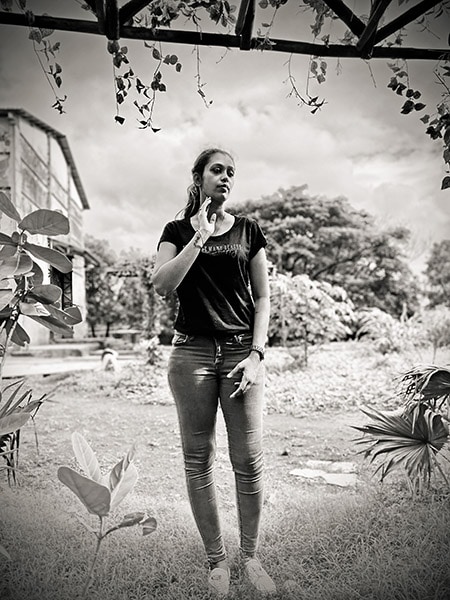 Image: Anjan Das
Image: Anjan Das
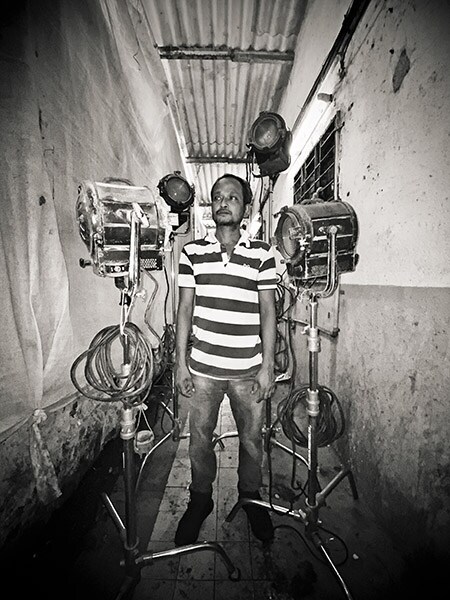 Image: Anjan Das
Image: Anjan Das
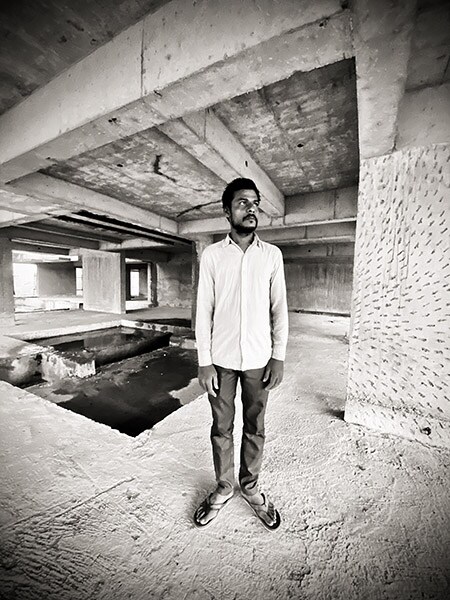 Image: Anjan Das
Image: Anjan Das
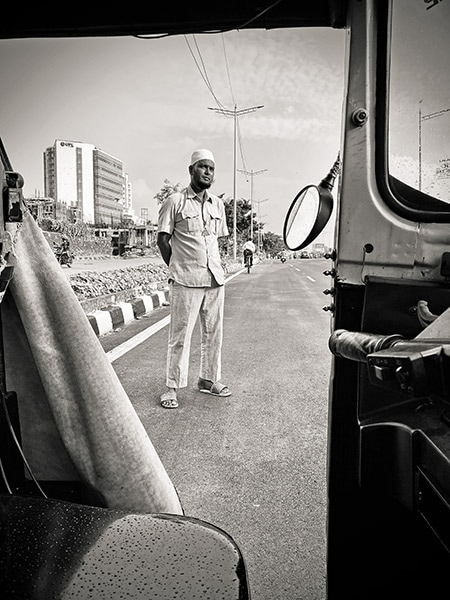 Image: Anjan Das
Image: Anjan Das
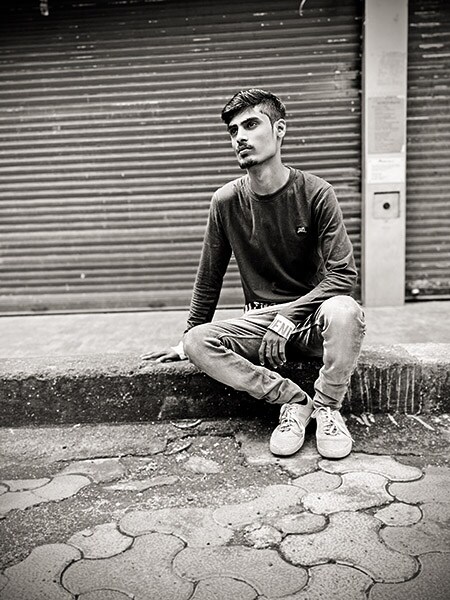 Image: Anjan Das
Image: Anjan Das




